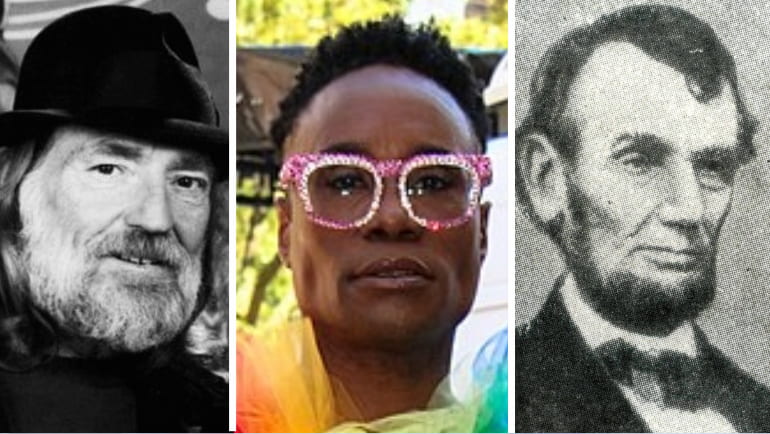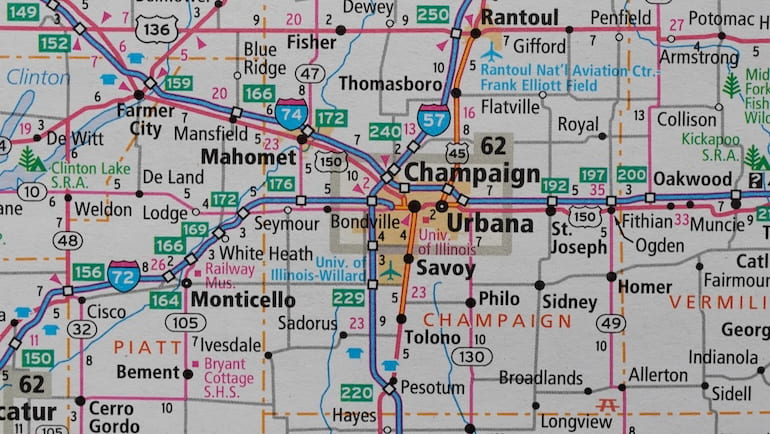Welcome to this debut edition of “This Day in History.” With so many efforts under the Trump administration to rewrite history, we’re seeking to do the opposite.
Every morning, for at least a year, you’ll find a wrap-up of progressive, intersectional events on this day in history — or events especially relevant to people who are LGBTQ+; Black, Indigenous or People of Color (BIPOC); female; disabled; or another challenged identity. This is a chance not only to help preserve different perspectives on history, but also to remind ourselves of what we’ve already been through and achieved.

1888: The first edition of National Geographic Magazine is published.
1906: The Atlanta Race Massacre begins, when newspapers published false accounts of Black men raping white women, triggering riots that led to the killing of almost two dozen Black men by roving bands of white men.
1915: America’s first-ever Black Catholic College, Xavier University, opens in New Orleans.
1922: The Cable Act is passed, ending the 1907 Expatriation Act that had forced American women to adopt the nationality of their husbands.
1980: The Iran-Iraq war begins when Iraq invades Iran, and lasts for the seven years.

1995: The National Academy of Sciences announces that syringe exchange programs are an effective part of HIV transmission prevention strategies.
2006: The Centers for Disease Control and Prevention recommends, for the first time ever, that all adults should obtain a test for HIV, as part of a broad effort to slow the virus’s transmission.
2019: Billy Porter becomes the first-ever openly gay Black male actor to win a Lead Actor Emmy, for his role as ballroom elder Pray Tell on the series “Pose.”
(photos courtesy Wikimedia Commons; sources for historical references include On This Day, History and HIV.gov.)

